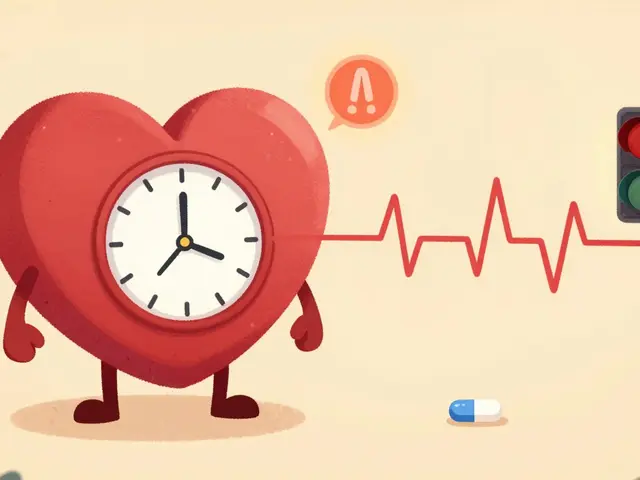Lithium Side Effects: What You Need to Know
If you or someone you love is on lithium, you’ve probably heard it can cause unwanted effects. That’s true, but knowing the most common problems and how to handle them makes the experience a lot smoother. In this guide we’ll break down the typical side effects, when they become serious, and simple steps you can take to keep lithium working for you without the hassle.
Common Side Effects You Might Feel
Most people on lithium notice a few mild issues early on. Tiredness and a fuzzy brain are the first signs – you might feel sleepy after dinner or have trouble concentrating at work. Hand tremors are another frequent complaint; they’re usually fine at low doses but can get more noticeable as the dose climbs.
Weight gain can sneak up over weeks or months, especially if you’re eating more carbs. Some folks also report increased thirst and frequent urination – lithium pulls water out of cells, so you’ll need to drink more to stay hydrated. A dry mouth or mild nausea can appear when you start the medication, but these often settle after a few days.
When to Seek Help: Signs of Lithium Toxicity
Most side effects are manageable, but lithium toxicity is a red flag you can’t ignore. Watch for severe vomiting, diarrhea, or a sudden change in mental state – confusion, slurred speech, or a feeling of being "off" can mean the level is too high. Unsteady walking or muscle weakness are also warning signs. If you notice any of these, call your doctor right away or head to urgent care.
Blood tests are the gold standard for catching toxicity early. Your doctor will schedule regular checks, usually every few months, to keep the level in the safe range (0.6‑1.2 mEq/L for most adults). Keep a log of any new symptoms and share it during appointments – the more detail you give, the easier it is to adjust the dose safely.
Another tip: avoid sudden changes in your salt intake. Since lithium and sodium compete in the kidneys, eating too little salt can raise lithium levels, while a salty meal can lower them. Aim for a consistent, moderate salty diet and talk to your doctor if you plan big dietary shifts.
In addition to medical monitoring, simple daily habits help. Stay hydrated, take lithium with food to reduce stomach upset, and try a regular bedtime to lessen fatigue. If tremors bother you, a light stretch or warm drink can calm the muscles. Most side effects become milder over time as your body adjusts.
Bottom line: lithium is a powerful mood stabilizer, but it comes with a checklist of things to watch. By knowing the common side effects, recognizing signs of toxicity, and staying on top of lab appointments, you can keep the benefits while minimizing the drawbacks. Talk openly with your health team, track how you feel, and you’ll stay on the right track.





